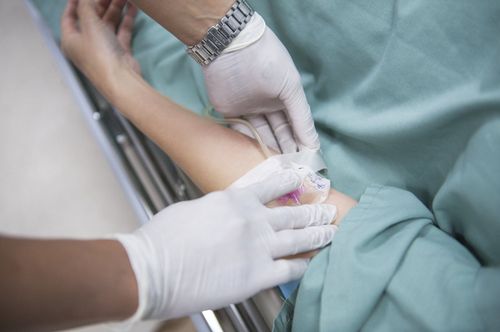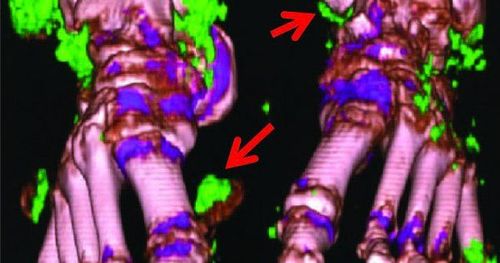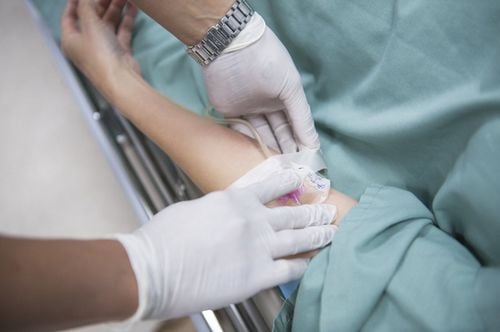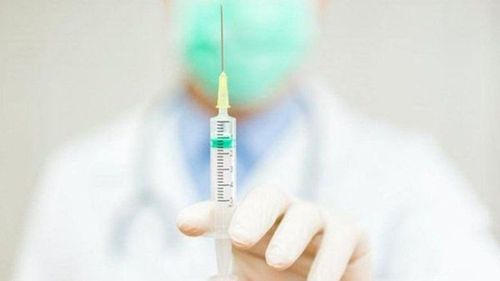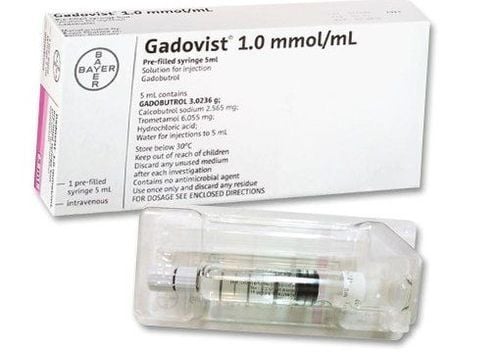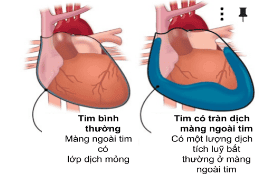This is an automatically translated article.
The article is professionally consulted by Master, Doctor Nguyen Viet Thu - Doctor of Radiology and Nuclear Medicine - Department of Diagnostic Imaging and Nuclear Medicine - Vinmec Times City International General HospitalContrast agents are substances used to increase the contrast level of structures or body fluids when imaging in magnetic resonance imaging, ultrasound, or X-ray. Contrast is often used to clearly define the blood vessels and organs of the digestive system.
1. What are the effects of contrast agents?
Contrast containing Iodine is an iodized polymer in nature. The effect of the contrast agent depends on the amount of iodine attached to the polymer. Contrast containing Iodine is the most widely used contrast agent today (over 50% according to statistics in the US in 2006). Contrast containing iodine is classified into two groups: Contrast containing oil soluble iodine and contrast containing iodine water soluble.2. What is a contrast-enhanced CT scan?
CT scan, also known as computerized tomography, is a technique that uses X-rays to scan an area of the body in a cross-section combined with computer processing to obtain a 2-D image. or 3D parts to be captured.Contrast CT scan is applied in some cases, it is necessary to investigate the lesions and blood vessels more carefully, the medical professional will inject a contrast agent into the body. Contrast that contains Ioe will cause attenuated structures or lesions to appear bright white on computed tomography, which will help distinguish the abnormal area from other structures around it.
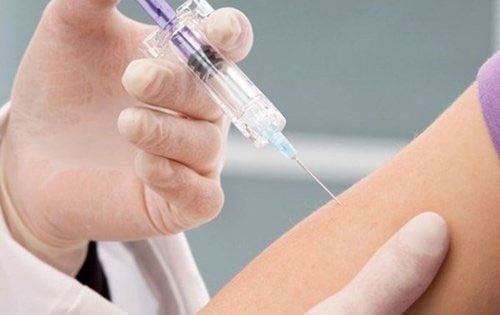
3. What effects can CT scans have?
However, CT scans using contrast agents also leave some undesirable effects, requiring prompt treatment.3.1. Anaphylaxis Hypersensitivity reactions to contrast agents are not usually related to the dose and rate of injection. It can occur even with exposure to a small amount of contrast medium. The type of response can be divided into many different types.
Symptoms of immediate hypersensitivity to contrast agent, appearing within one hour of administration with manifestations such as: flushing, pruritus, acute urticaria, rash, angioedema, bronchospasm and breathing stridor, laryngeal edema and chest indrawing, hypotension and shock, loss of consciousness.
3.2. Radiation exposure During a CT scan, the patient is exposed for a short period of time to ionizing radiation. The amount of radiation in a CT scan is greater than in an X-ray because a CT scan gathers more detailed information. However, for now, patients can rest assured because this potential risk is very small and rarely occurs. Doctors often use the lowest dose of radiation to get the necessary medical information while ensuring the patient's health condition. In addition, now Vinmec is using new machines, which are faster and require less radiation than before.
3.3. Harm to the fetus Women who are pregnant should inform their doctor before planning to have a CT scan. Although the radiation from a CT scan does not harm the fetus, doctors often advise mothers to switch to other safer tests, such as ultrasound or magnetic resonance imaging (MRI) to prevent pregnancy. children from exposure to radiation.
3.4. Reactions to contrast material In some cases, your doctor may ask you to inject a special dye called a contrast material into your arm vein before a CT scan. Although very rare, contrast material can cause medical problems or allergic reactions.
Most of these reactions are very mild and cause only a rash or itching. However, these symptoms usually go away fairly quickly. If necessary, the patient can use antihistamines to relieve symptoms. In rare cases, an allergic reaction can be very serious, even life-threatening. Inform your doctor promptly if you have ever had an allergic reaction to contrast material.
4. Advantages of CT scanning at Vinmec International General Hospital
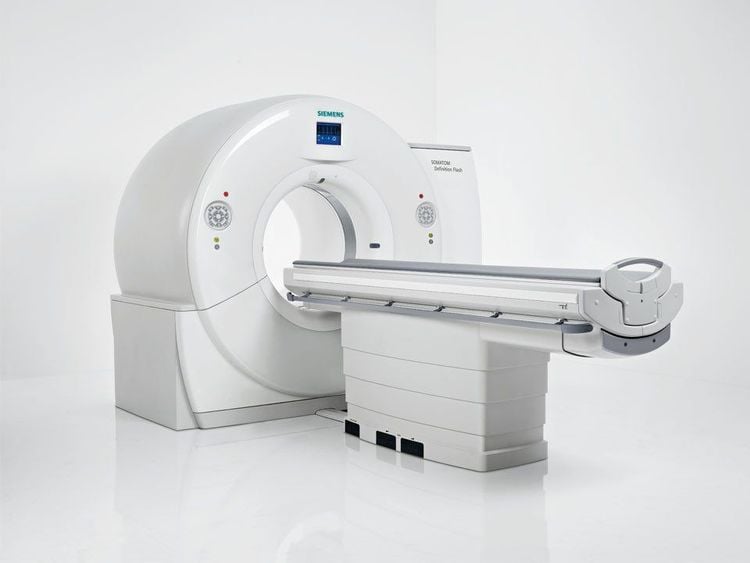
First, the machine is fast, thin slices, high-quality images, helping to diagnose pathologies such as: CT scan of brain stroke (multiphase, perfusion), thoracic scan, angiography to reduce the amount of drugs. Contrast ....... Moreover, with CT 128 CT scanner, it helps to accurately diagnose coronary artery diseases, support early detection and monitor cancer pathology. This will create opportunities for patients to accurately detect the affected areas, localize the disease... through which doctors will develop a more accurate treatment regimen.
Please dial HOTLINE for more information or register for an appointment HERE. Download MyVinmec app to make appointments faster and to manage your bookings easily.





